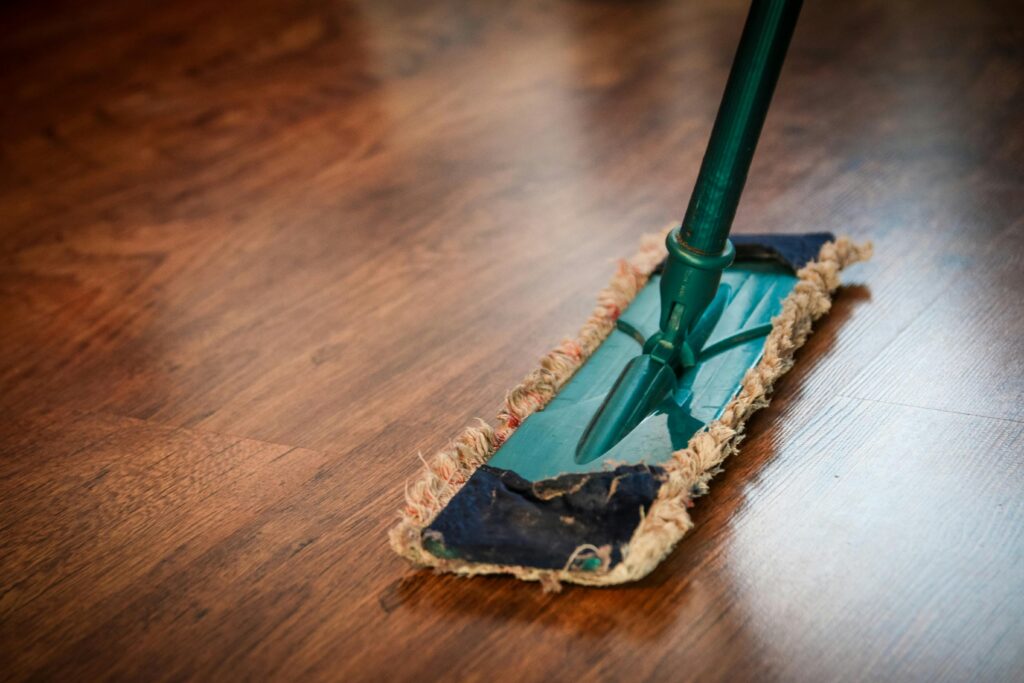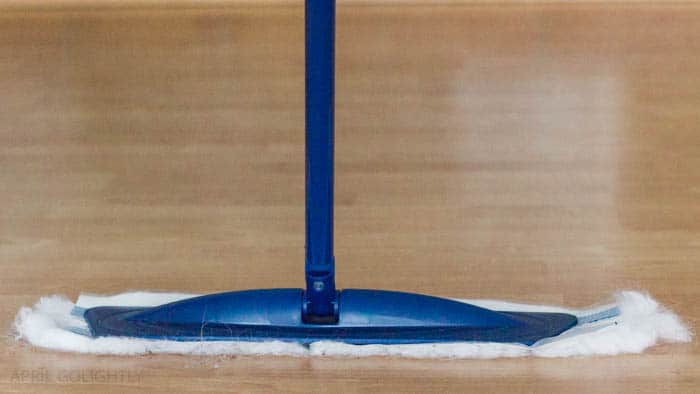In a world constantly vying for our attention, the battle against clutter becomes not just about maintaining physical space but safeguarding mental clarity and emotional well-being.
Clutter isn’t just the piles of paper on your desk or the overflowing wardrobe; it’s anything that takes up more space than it should, physically, mentally, or digitally, thereby hindering your growth and productivity. The cost of clutter is not only the lost time and energy but the missed opportunities and increased stress that stifle personal and professional development.
Understanding the pervasive impact of clutter is the first step toward overcoming its hold on your life. Here are seven strategic tips to help free yourself from clutter’s clasp, nurturing growth and improving overall life satisfaction.

1. Acknowledge the Weight of Clutter
The first step in combating clutter is acknowledging its impact. Clutter isn’t merely an inconvenience; it’s a hindrance that weighs on your mind, saps your energy, and distracts from your objectives. Recognize the areas of your life most affected by clutter—be it your workplace, home, or digital spaces. Admitting the problem areas allows you to direct your decluttering efforts effectively.
2. Consider Dumpster Rental for Large Scale Decluttering
When the clutter has amassed to monumental proportions, particularly during moves, renovations, or significant life changes, consider dumpster rental as your ally. A dumpster on-site simplifies the disposal process, allowing you to tackle large volumes of waste without the hassle of multiple trash runs. It’s a tangible step towards reclaiming your space and signifies a commitment to major life changes.
If you need a dumpster rental in Suffolk VA or any other place, it is important to know that these businesses offer various dumpster sizes to accommodate different scales of decluttering tasks, ensuring you can find one that suits your needs precisely. From old furniture and appliances to construction debris, this efficient solution assists in clearing clutter in one fell swoop.
3. Set Small, Achievable Goals
The prospect of decluttering can be overwhelming, but breaking the process down into smaller, manageable tasks makes it less daunting. Instead of aiming to declutter your entire house in a weekend, start with a single drawer, a desk, or a digital folder.
Achieving these mini-goals provides a sense of accomplishment and motivates you to tackle the next task, gradually working your way through the clutter.
4. Implement the One-In-One-Out Rule
To prevent future clutter accumulation, adopt the one-in-one-out rule: for every new item brought into a space, one old item must leave. This principle encourages thoughtful consumption and ensures that the number of possessions remains constant. It’s particularly useful for managing clothing, books, toys, and kitchenware, helping to maintain a balance between possessions and available space.
5. Digitize Where Possible
In our digital age, physical clutter can often be reduced by digitizing documents, photos, and records. Not only does this free up physical space, but it also makes retrieval easier and reduces the risk of loss.
Cloud storage solutions such as Google Drive, Dropbox, or OneDrive provide secure, accessible options for digital storage, enabling you to keep your digital life organized and clutter-free.
6. Cultivate Mindful Consumption
Mindful consumption is the practice of considering the actual value and utility of items before acquiring them. It involves shifting from impulse buying to thoughtful consideration, asking yourself whether an item is truly needed and how it will fit into your space and life.
This approach helps reduce the influx of new items that can become tomorrow’s clutter, aligning purchases with genuine needs rather than momentary desires.
7. Regularly Schedule Declutter Sessions
Decluttering should not be viewed as a one-time event but rather as a continuous process that requires ongoing attention and effort. By regularly scheduling declutter sessions—whether they occur monthly, quarterly, or at another frequency that suits your lifestyle—you ensure that you proactively manage clutter before it spirals into an unmanageable state.
These dedicated sessions provide a valuable opportunity to reassess the value and necessity of your possessions, determining what truly matters and what can be let go. Additionally, they offer a chance to clear out digital clutter, such as unused files and apps, which can be just as burdensome as physical clutter.
These sessions can also be a time to refresh your living or working space, making adjustments that better reflect your current needs, aspirations, and goals, and in turn, supporting a more organized, purposeful life.

Clutter, in all its forms, is more than just a physical inconvenience; it’s a barrier to growth, productivity, and well-being. By understanding the implications of clutter and taking proactive steps to reclaim your space, you pave the way for a clearer mind, a more focused approach to life, and a pathway to personal growth. Remember, decluttering is not just about removing what you don’t need; it’s about making room for what truly matters.
